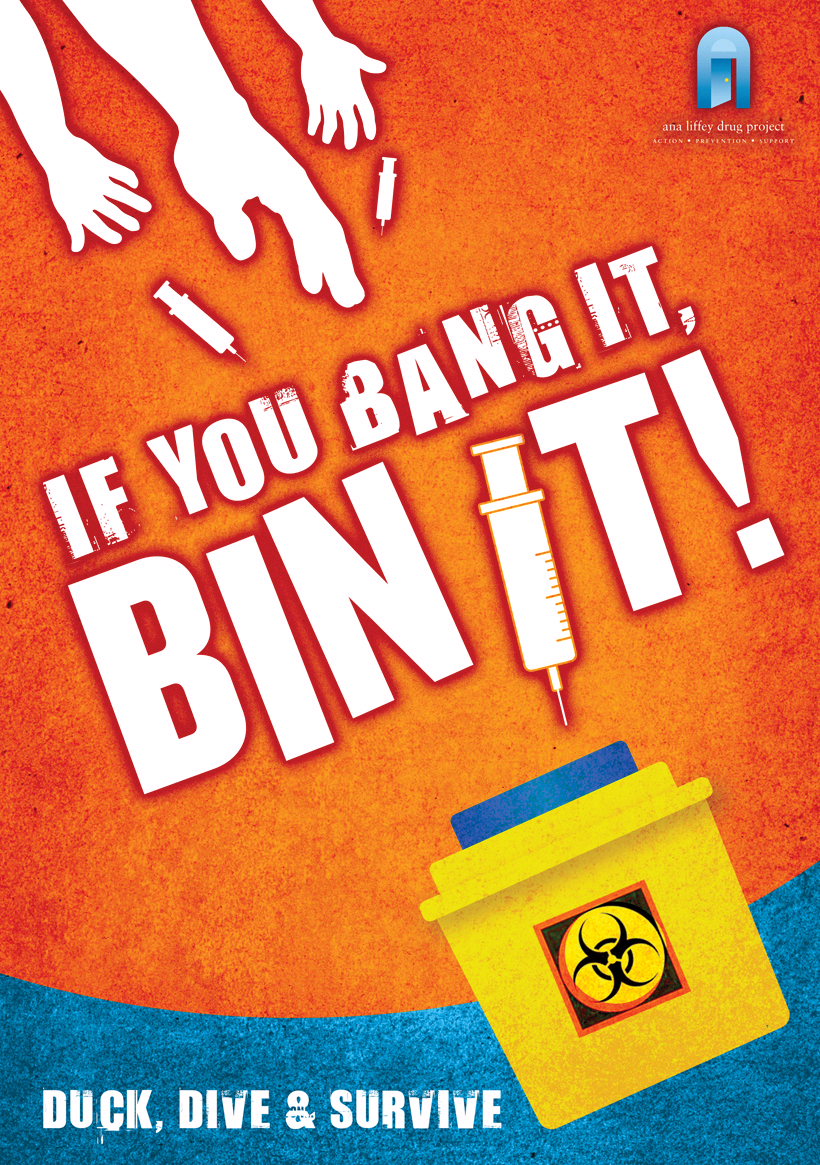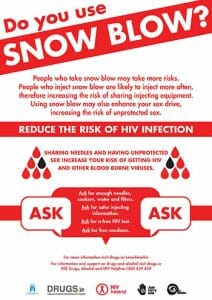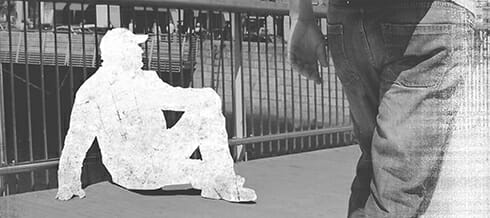Peers, Politicians & Public Health – Responding to New Psychoactive Substances in Ireland.
January 2, 2020
At the beginning of the last decade the sale, and consumption, of New Psychoactive Substances (NPS) had become a significant problem in Ireland. As a new decade begins, Tony Duffin, CEO of Ana Liffey, looks back on some of what happened with regard to NPS.
As we entered into 2010 New Psychoactive Substances (NPS) had already been identified as a serious public health concern; for example on 19 April 2010 Professor Joe Barry issued a warning regarding inflammation of the heart muscle, and lining of the heart, through the ingestion of an NPS named mephedrone. As Professor Barry explained,
“In the past week to two weeks three young men have been admitted to hospital in Dublin with myopericarditis (inflammation of the heart muscle and lining of the heart). In each case the patients gave a history of ingesting mephedrone…”
This was just one example of many health, and social, harms being caused by NPS across Ireland.
Towards the end of 2009 the issue of unsafe disposal of drug paraphernalia was a concern. As well as heroin, people were injecting other substances – notably mephedrone; and for many people that involved an increased frequency of injecting themselves. The Peer Support Group at Ana Liffey Drug Project (a group of People who use drugs) were concerned that people who did not dispose of their works appropriately were putting other people at risk. With this in mind the group worked on a poster as part of their health literacy award winning ‘Duck, Dive & Survive’ campaign. Their campaign aimed to raise awareness about the importance of safe disposal of drug paraphernalia; to open up the conversation on safe disposal of drug paraphernalia within the services where drug use was taking place; and to reduce the risk of needle stick injury. On 12 March 2010 the posters were made available online – you can find more info and the posters here.

At the North Inner City Drugs Task Force Seminar ‘Not For Human Consumption’ – Unregulated ‘Head Shop’ Substances and Their Risks’ in Dublin on 6th May 2010; I presented the newly developed booklet ‘Use Your Head – Harm Reduction Information – Legal Highs or Otherwise’. The booklet provided harm reduction information for individuals using drugs – legal highs or otherwise. Issues covered within the booklet included general harm reduction information, useful contact telephone numbers, facts on overdose, the recovery position, rescue breathing and chest compressions. The booklet was developed in conjunction with Peer Support Group at Ana Liffey and other stakeholders. More info on the booklet is available here.

In response to the NPS issue the Government of the day was preparing legislation to respond to the increasing availability of NPS across the country. The ‘Criminal Justice (Psychoactive Substances) Act 2010’ was signed into law by the President on 14 July 2010. The Act made it an offence, punishable by up to five years imprisonment, to sell or supply for human consumption substances which are not specifically proscribed under the Misuse of Drugs Acts, but which have psychoactive effects. The Act gave powers to An Garda Síochána and the courts to intervene and prevent outlets from selling these products by way of prohibition orders.
Speaking on its commencement, Minister Ahern said:
“This Act is indicative of my determination that those who engage in the sale of unregulated psychoactive substances for human consumption will not be allowed to escape the rigors of the law. The sale of such substances, especially to the younger members of our society, is a dangerous trade which operates without regard to the consequences for the health and safety of its customers or of society generally.“
However, that was not the end of NPS related harms in Ireland – on Saturday 14th Jun 2014 Una Mullally reported in the Irish Times:
“Warning about PMA/PMMA drug after six deaths in Ireland – Ana Liffey Drug Project highlights dangers of a pill being passed off as ecstasy”
The report explained that Ana Liffey Drug Project had sent information and posters to drugs services, nightclubs, bars and music stores warning ecstasy users about PMA/PMMA and encouraging them to be aware about its effects. Including a video asking ‘When is Ecstasy not Ecstasy?’ – which explained the risks of PMA/PMAA and offered Harm Reduction advice:
In 2016 the ASK campaign a harm reduction and HIV prevention campaign was developed by Ana Liffey Drug Project & HIV Ireland. The campaign aimed to help address increasing HIV diagnoses among injecting snow blow users in Ireland. Launched on Irish AIDS Day, 15th June 2016, in the Mansion House, by the Lord Mayor of Dublin, Críona Ní Dhálaigh, the campaign provided information about safer injecting, safer snorting, and safer sex to people injecting snow blow in Ireland.

On 20th February 2017 Dr Eamon Keenan explained about the continuing problem of NPS in a report in the Irish Independent:
“Things have changed since the head shops – there’s been an explosion in synthetic drug use. Some 160 new psychoactive drugs have emerged in the last few years and the effects of drugs like U4 wear off quickly, so users take more and more…Another drug, fentanyl, is also more potent than morphine or heroin. Mephedrone is associated with suicides more than other drugs and users have jumped off bridges and hanged themselves…There’s also a link between cathinone drugs (bath salts drugs) and suicide.”
NPS are always changing and they continue to be a problem in Ireland. Within our National Drug Strategy, Ireland has continued to concentrate on improving public health outcomes in regard to drug use. In ten years from now, it will be interesting to reflect on what impact the implementation of our health led approach to drug use will have had upon the health and social harms of NPS, and other drugs, in Ireland.
Tony Duffin
2nd January 2020




